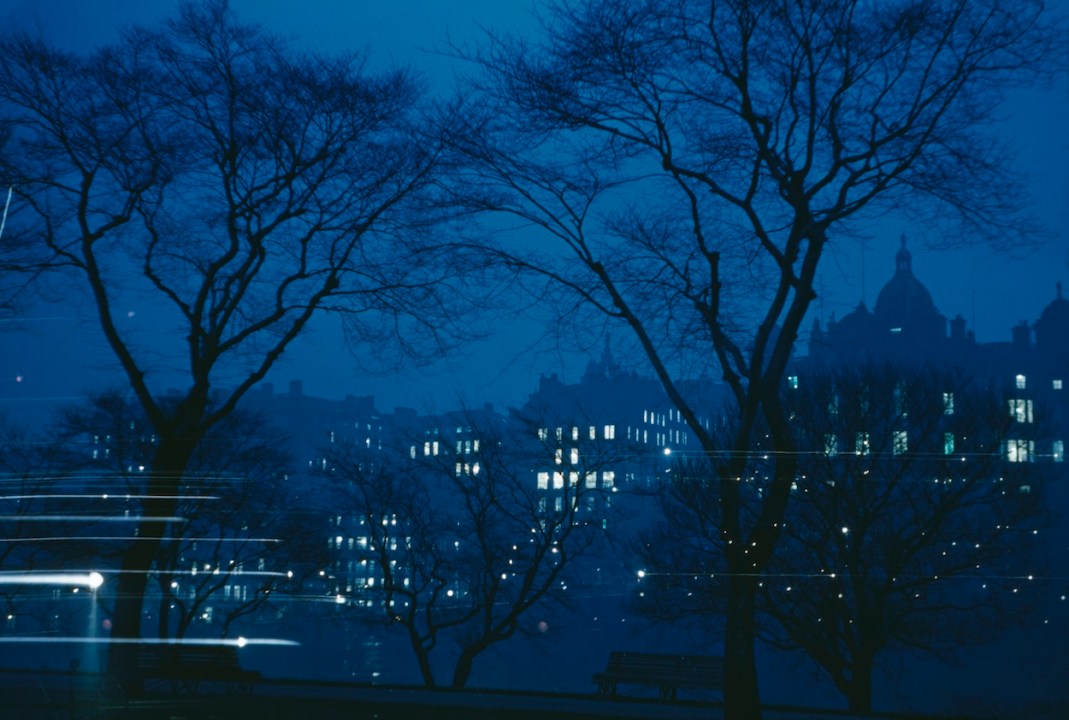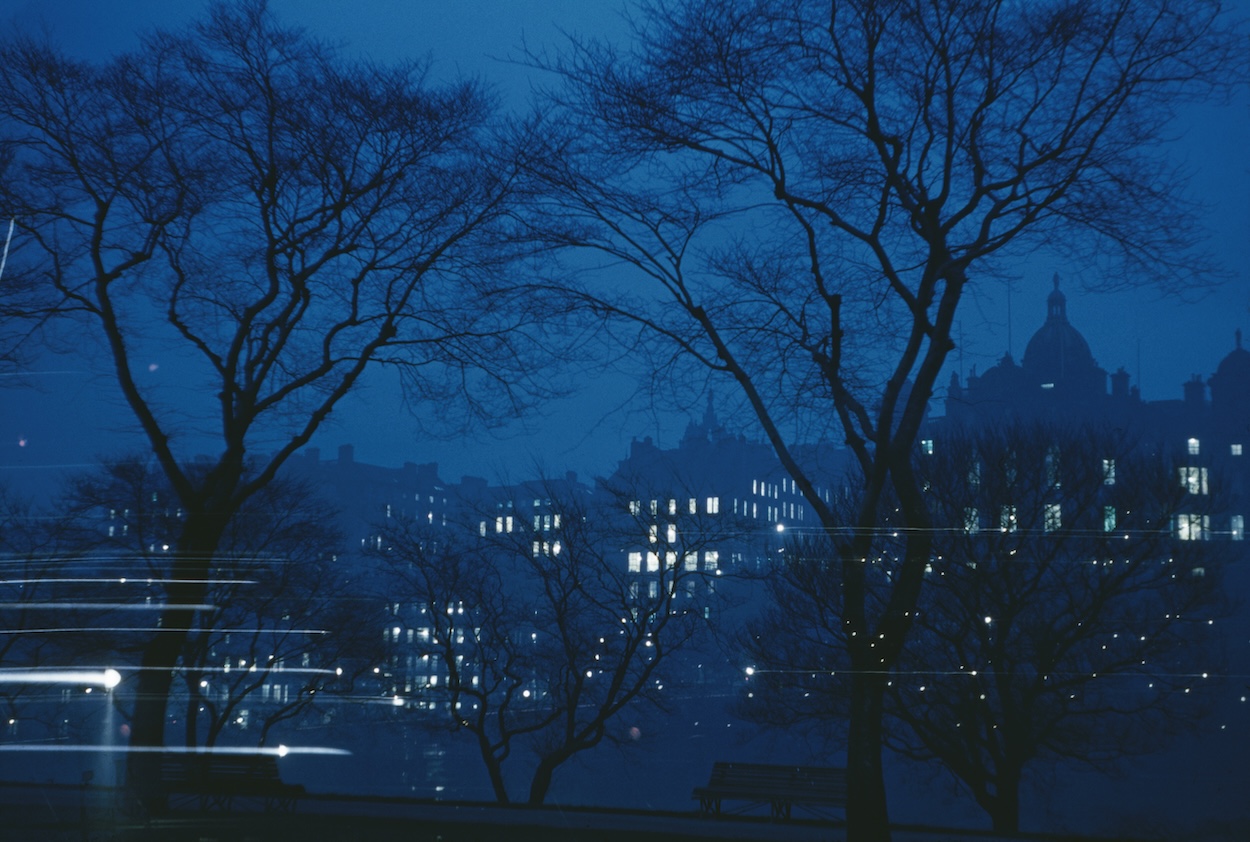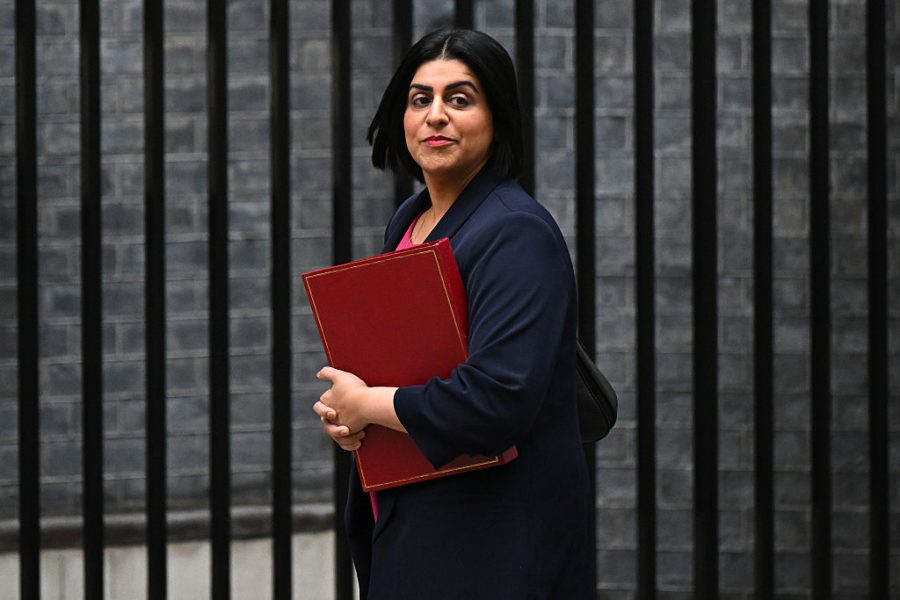It is, officially, ‘cosy’ season. My social-media feeds have suddenly become very homely and wholesome: full of pictures of chunky knitwear, crisp leaves, soft blankets, flickering candles and crackling fires.
I want to embrace this romanticisation of winter, I really do. I want to enjoy this slower routine of fluffy pyjamas, Christmas movies and aesthetically pleasing pumpkin lattes. I want to say that I love coming home from work, drawing the curtains and snuggling on the sofa with a glass of red and a paperback. I want to laugh that it doesn’t matter if I don’t see direct sunlight for the next four months because I can wear cashmere socks or buy new fragranced bubble bath.
The problem is that I have a toddler. A very lovely, but very active, very energetic, very mobile toddler – who loves nothing more in this world than being outside. But it is dark. And the clocks going back have just made it darker.
For parents, the end of daylight saving is a cruel and unnecessary punishment. There was no extra hour snuggling under a duvet enjoying blissful sleep – I have friends whose children woke as early as 4 a.m. on Sunday. And even if you did manage to snooze, you soon lose that time again trying to work out how on earth to reset the oven clock.
The mornings may have got lighter (which is not always ideal when you are desperate for your baby to lie in), but the afternoons have got shorter, and this self-imposed hibernation doesn’t feel so much #cosy as #curfew.
We know that the clocks going back in autumn wreak havoc on people’s circadian systems, leads to an increased risk of depressive episodes and makes everyone feel less safe. Three quarters of women change their outdoor-activity routines in winter: more than half give up exercise completely and a third change their route home or avoid parks altogether.
It may not always reflect actual risk, but women have been trained to be hyper-vigilant: to take their headphones out, to carry their keys in their fingers, to check behind them that they are not being followed. These longer evenings also affect men too: in one survey, a fifth of men said they felt unsafe commuting home in the dark.
Journalists and academics have argued before that turning the clocks back is anti-feminist because it disproportionately affects women and their freedoms. Yet it is also anti-family. No child benefits from an extra hour of physical activity because the sun now rises at 6.30 a.m. rather than 7.30 a.m. No child is kicking a ball around, or going to the playground, or building a den at that hour. However, they do miss out on an hour of opportunity to do all of those things because the sun now sets at 4 p.m. rather than 5 p.m.
Before the clocks go back, the tennis courts, football pitches and parks where I live are full of children, teenagers and students playing after school; for the next four months they will be eerily silent. It’s no wonder that children’s screen time soars in the winter months while their physical activity plummets.
The problem is that I have a toddler – who loves nothing more in this world than being outside
When I pick my child up from the childminder, I want to be able to take him to the swings, to take him on a walk with the dog, to go and explore in nature. It’s not even that I don’t want to do those things in the dark: it’s that I actually can’t. Our nearest meadow shuts its gates at 4 p.m. from November to February, while our next-nearest park has no streetlights at all (Oxford also has a shamefully large homeless population, many of whom have mental-health problems or addiction issues; some are harmless, some are not).
One of the most commonly cited counter-arguments is that pushing the clocks back stops children from going to school in the dark. Yet it doesn’t stop children – particularly secondary-school children – from coming home in the dark. It doesn’t stop children from feeling trapped at home, or parents feeling as if their precious weekends effectively end at 3 o’clock, or teenagers feeling tired and sluggish from mid-afternoon onwards (they are always going to feel tired in the mornings, regardless of whether it’s light or not). It doesn’t stop that creeping feeling of despair that you have hours of darkness to fill before your children’s bedtime.
We should do everything we can to increase children’s opportunity for play, not shorten it. Yet instead we maintain this outdated, self-inflicted hibernation rather than – just for once – putting children’s happiness first. I can buy my toddler all the hi-vis gear I want, but the reality is that his world, and the time we spend together in it, has shrunk – in a way that feels both inevitable and entirely avoidable.








Comments